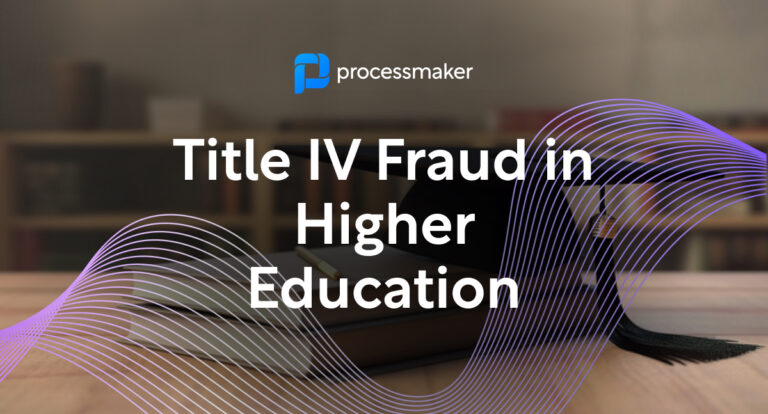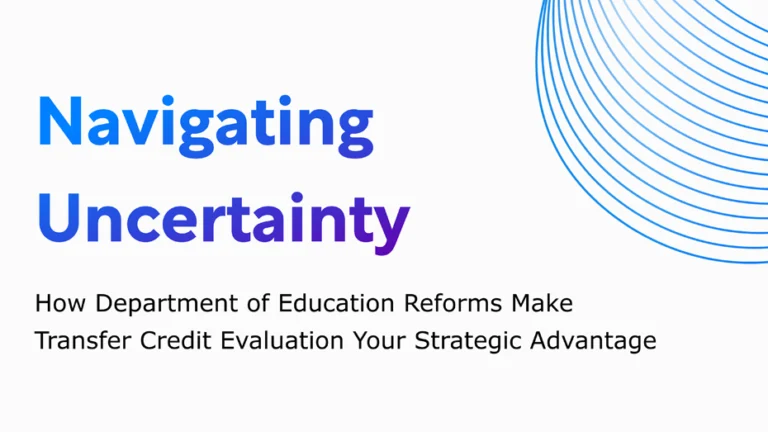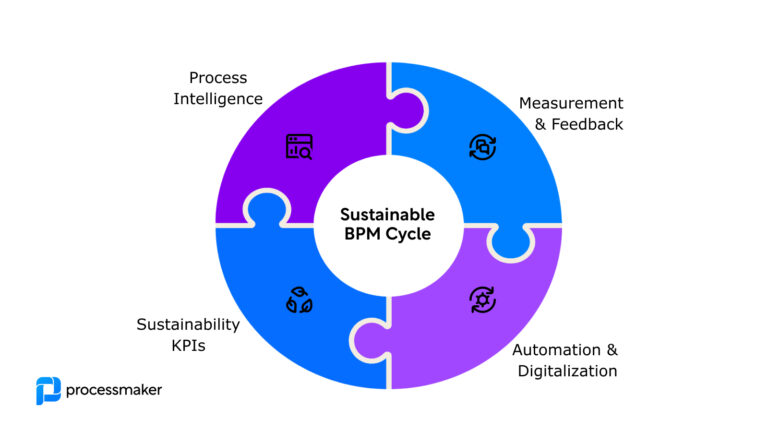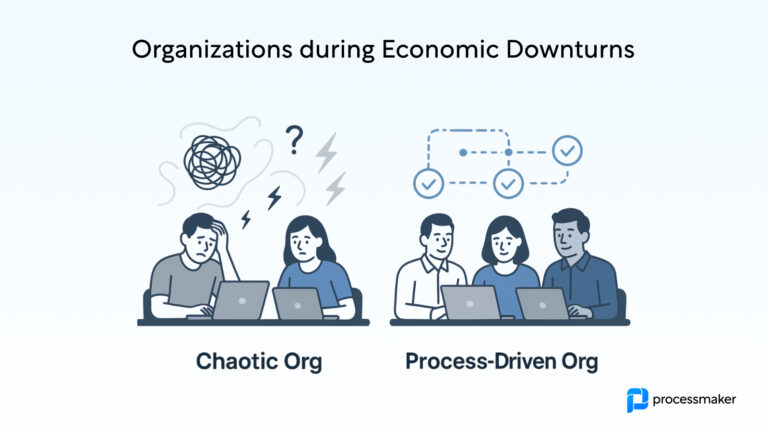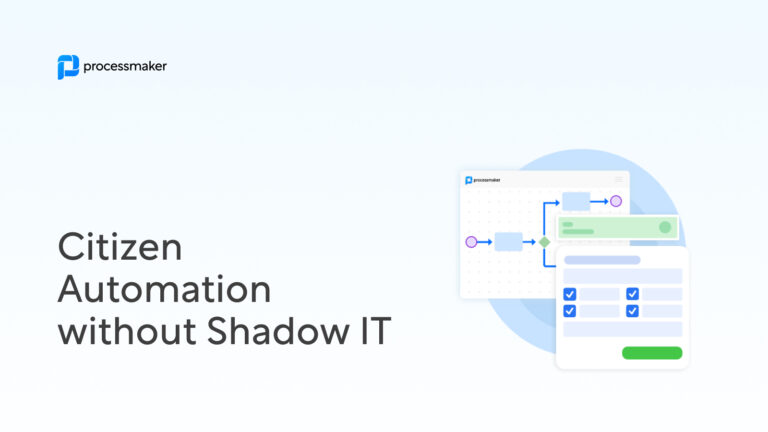In recent years, colleges and universities across the United States have faced a rising and complex threat: Title IV fraud. At its core, Title IV fraud involves the illegal acquisition of federal student aid funds, such as Pell Grants, Direct Loans, and FAFSA-based disbursements, through falsified information, impersonation, and other deceptive means. These funds, which are intended to increase access to education for eligible students, are instead siphoned off by bad actors, often leaving institutions to manage the consequences.
What is Title IV Fraud?
Title IV of the Higher Education Act governs federal student financial aid programs, distributing billions of dollars annually to support students pursuing postsecondary education. Title IV fraud occurs when someone manipulates the aid system by submitting falsified or stolen information to unlawfully obtain these funds. While this can occur on an individual level, an increasing number of cases involve large-scale operations orchestrated by criminal organizations.
At the center of this ecosystem is the Free Application for Federal Student Aid (FAFSA), which is the gateway to all federal aid—including Pell Grants and Direct Loans. Fraudsters are increasingly using stolen or synthetic identities to submit fake FAFSA applications, fabricate enrollment, and collect aid payments. In some cases, these individuals are never seen on campus, yet tuition and living expenses are paid out—ultimately leaving the institution and taxpayers to absorb the losses.
The Rise of Sophisticated Identity Fraud in Higher Ed
Modern fraudsters are not merely exploiting loopholes—they are engineering complex schemes involving fake identities, counterfeit documentation, and synthetic students. These actors often use stolen Social Security numbers, falsified tax records, and even forged high school transcripts or diplomas to enroll in online programs, collect aid disbursements, and vanish without engaging in any meaningful academic activity.
Some institutions have discovered hundreds of fraudulent applications submitted by the same criminal rings, targeting online programs where traditional in-person verification is more difficult to enforce.
The Impact on Institutions
Title IV fraud leaves institutions vulnerable on multiple fronts:
- Financial repercussions: Federal aid disbursed to fraudulent students often must be repaid by the institution once the fraud is uncovered. In large-scale schemes, this can result in hundreds of thousands of dollars in financial losses.
- Reputational damage: Institutions targeted by fraud often find themselves in the public eye for failing to safeguard taxpayer funds, eroding trust with regulators, families, and donors.
- Operational burden: Schools must redirect significant resources toward investigations, responding to Department of Education audits, and deploying remediation efforts.
- Compliance risk: Prolonged or repeated exposure to Title IV fraud can threaten an institution’s eligibility to participate in federal aid programs, jeopardizing its enrollment pipeline and financial viability.
A Vision for a Modern Solution
The growing sophistication of Title IV fraud demands an equally advanced and proactive response. The future of fraud prevention in higher education lies in intelligent, integrated systems that verify student identity and authenticate academic records at the point of entry.
Solutions like ProcessMaker’s Transfer Credit Evaluation (TCE) platform offer a forward-thinking approach. By embedding ID verification and transcript authentication directly into admissions and enrollment workflows, institutions can establish a digital gatekeeping system that stops fraud before aid is awarded.
Imagine a scenario where FAFSA applicants must complete a secure biometric ID check, and their submitted transcripts are automatically validated against issuing institutions using credential verification technologies. ProcessMaker TCE enables these layers of protection to be applied automatically, reducing manual burden and ensuring compliance with institutional and federal standards.
CTA
Final Thoughts
Title IV fraud is not just a financial crime—it’s an institutional and national challenge. The abuse of FAFSA-based aid, Pell Grants, and Direct Loans threatens the legitimacy of financial aid programs and the ability of schools to support students who genuinely need help.
Institutions must modernize their admissions and financial aid processes with intelligent automation, secure verification, and robust fraud prevention tools. By leveraging solutions like ProcessMaker TCE, colleges and universities can defend against fraud, protect their reputation, and preserve access to education for the students who need it most.
